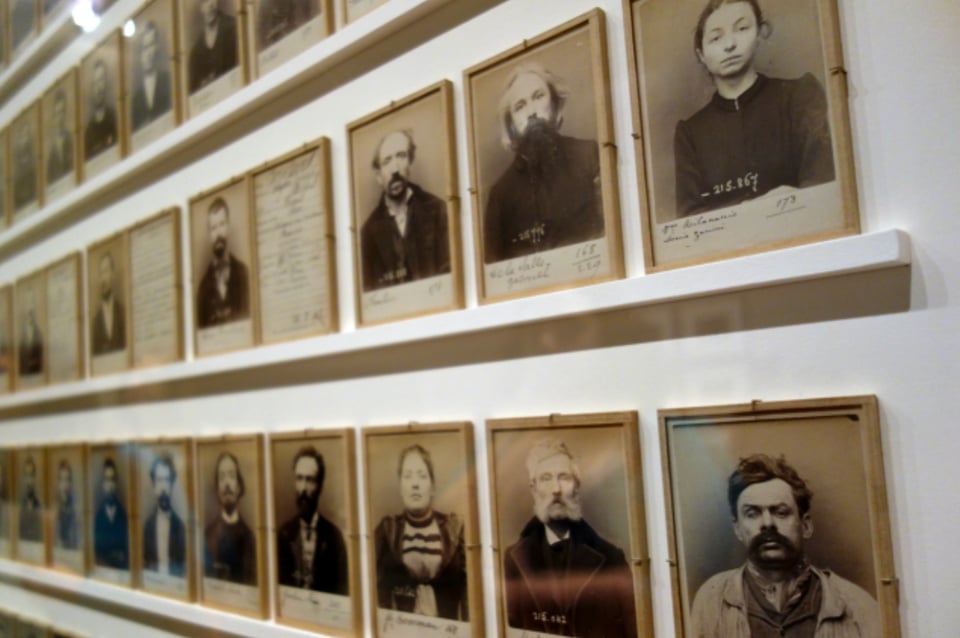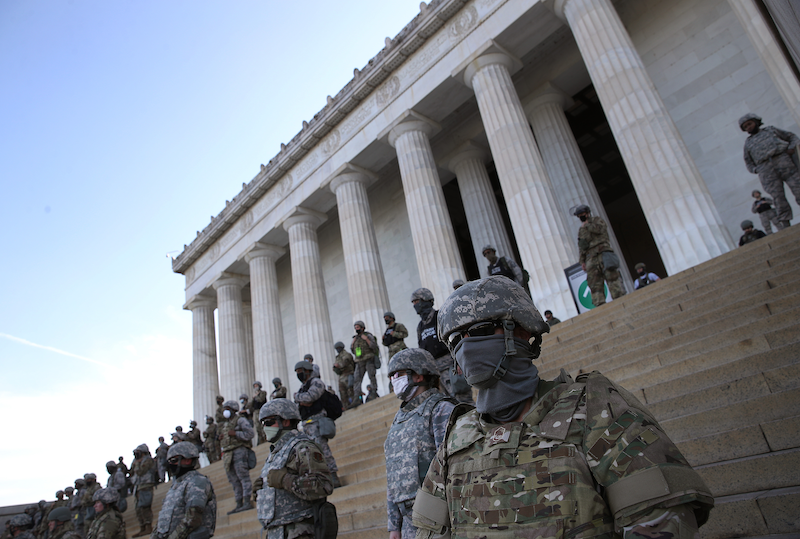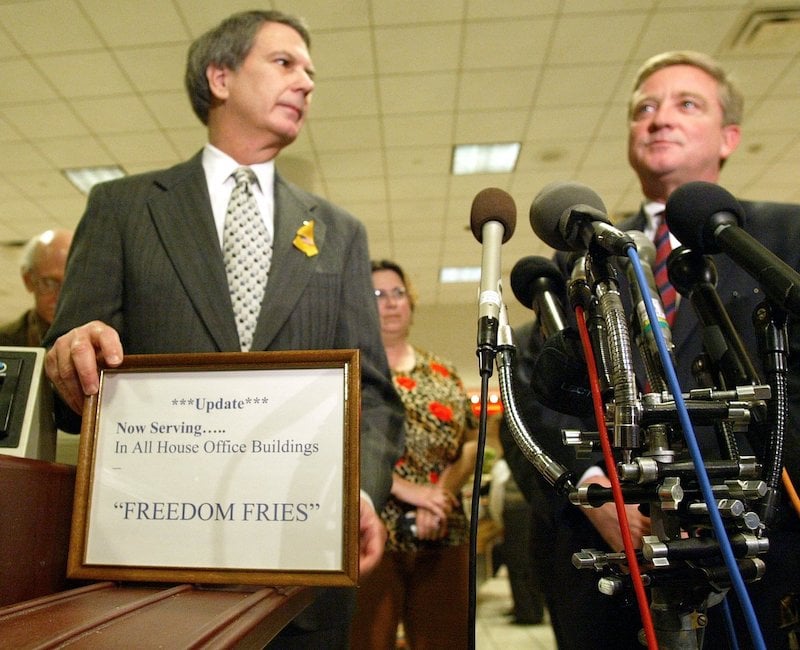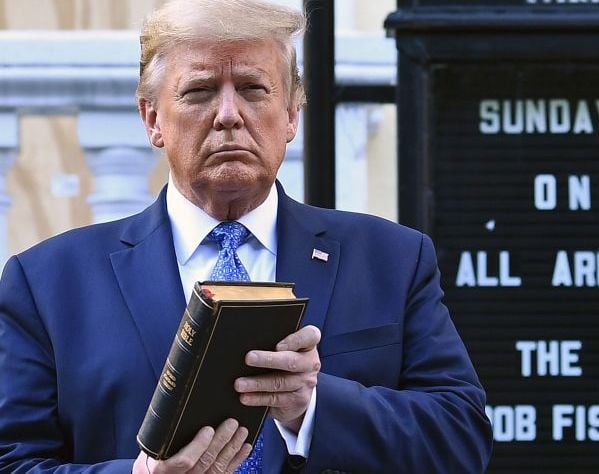Benefit of doubt
My father is an ex-con.
I’ve never called him that. I’ve never even thought of him as that until this morning.
Because we don’t reduce the people we know to a single action.
Let alone what they’re called by a police state.
A state that exists through terror.

We reduce people to a single action when we don’t want to know them.
She’s a thief. He’s a killer.
Why did she steal?
Why did he kill?
These appear to be questions about the past.
But we ask them only if we are interested in the future.
To ask “Why is this happening?” is the only way to escape what is happening.
To be trapped in a state of what is happening – breaking news – is to live in a constant battle over the past.

Those who live to fight have every incentive to create states of terror. To escalate.
Knowledge is thus a threat to those who benefit from states of terror; who fund it.
To refuse to learn is the hallmark of regimes of terror.

In the midst of a catastrophe, one must flee or fight.
Asking “why is this happening?” is not an immediate problem.
But if a catastrophe is recurring, my survival depends on understanding why.
Unless my survival salary depends on not knowing.

The NYPD held up a book about terrorism as proof that students were terrorists.
This is a lie. They did not hold up a book. They held up a color photocopy of the book, enlarged for the cameras.
The appeal of authoritarianism is you don’t have to know.
You just have to believe.
For the authoritarian, knowledge is suspect.
Knowledge is for the weak.
To want to know is weakness.
Strength comes from not knowing.
Power comes from not caring.
We only ask why if we want to escape a state of terror.

What is justice?
To afford everyone the benefit of the doubt.
To believe that the present is not destiny.
To refuse to treat people as objects; immutable, incapable of change.
And without justice, there is no peace.